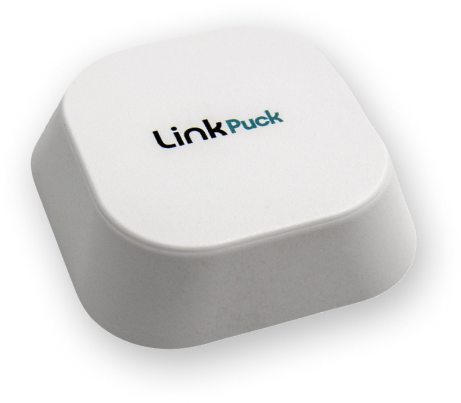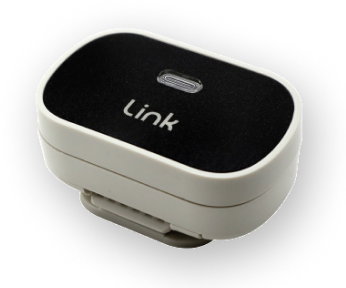You might have heard the word probiotic tossed around a yogurt or supplement commercial, but should you give your dog probiotics? In this article, we’re going to look at what probiotics are, their effect on dogs, and if you should give your dog a probiotic supplement.
What Are Probiotics?
Both dogs and humans (and all mammals) have active bacteria that live in their gut. The word ‘bacteria’ usually has a negative connotation, but not all bacteria are bad. That’s where probiotics come in. Probiotics are the healthy bacteria that live in the gut and aid in digestion and immunity.
Probiotics are naturally produced in the body, so why would anyone ever need to supplement them? Well, because of our diet and the medicine we take, these bacteria can sometimes be destroyed. For example, certain antibiotics are indiscriminate killers – they destroy all bacteria, both good and bad.
Because probiotics are essential for gut health, it’s important to replenish them after a course of antibiotics. In fact, many doctors suggest taking probiotics after a course of antibiotics is complete.
How Do Probiotics Work?
Probiotics are living organisms that work to stabilize the digestive process, help strengthen a person or dog’s immunity, and help produce important vitamins and nutrients. They are an essential part of a well-balanced gut ecosystem, similar to coral reefs in the ocean.
Antibiotics, stress, and illnesses can disrupt the gut’s ecosystem, and in turn, reduce the number of probiotics. When this happens, the dog or person can suffer from a weakened immune system, vitamin deficiencies, and digestive problems.
Since probiotics are living bacteria, they can be taken in the form of a pill, a powder that’s mixed into food, and are even present in some foods naturally such as yogurt. Taking probiotics is a great way to add healthy gut bacteria.
Should I Give Probiotics to My Dog?
There’s no evidence that giving probiotics to a healthy dog has any effect, but dogs that have taken antibiotics or who have suffered illnesses or stress can benefit from taking a probiotic supplement.
However, it’s important to understand that dogs and humans have different digestive systems, so only probiotics designed for canine consumption should be given to your pet.
Of course, the final verdict should really be decided between you and your vet. If your pup has a sensitive stomach or seems to get sick frequently, talk it over with your vet to find out if probiotics could be a good option.
When it comes to your dog’s health, always trust your vet. There’s a lot of information out there about dog supplements and dog probiotics, but not every product is right for every dog.





